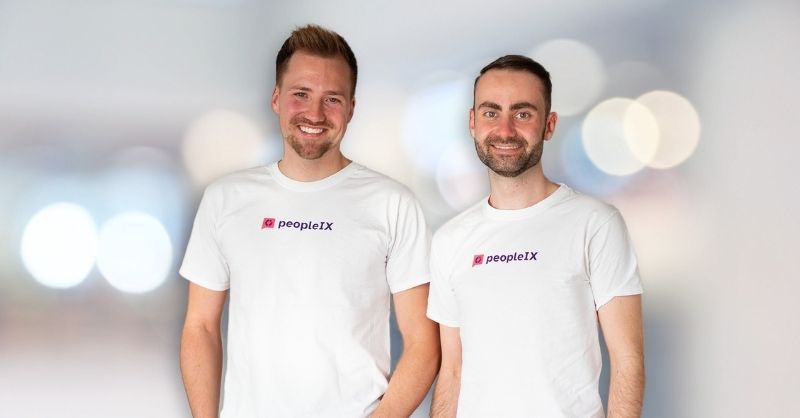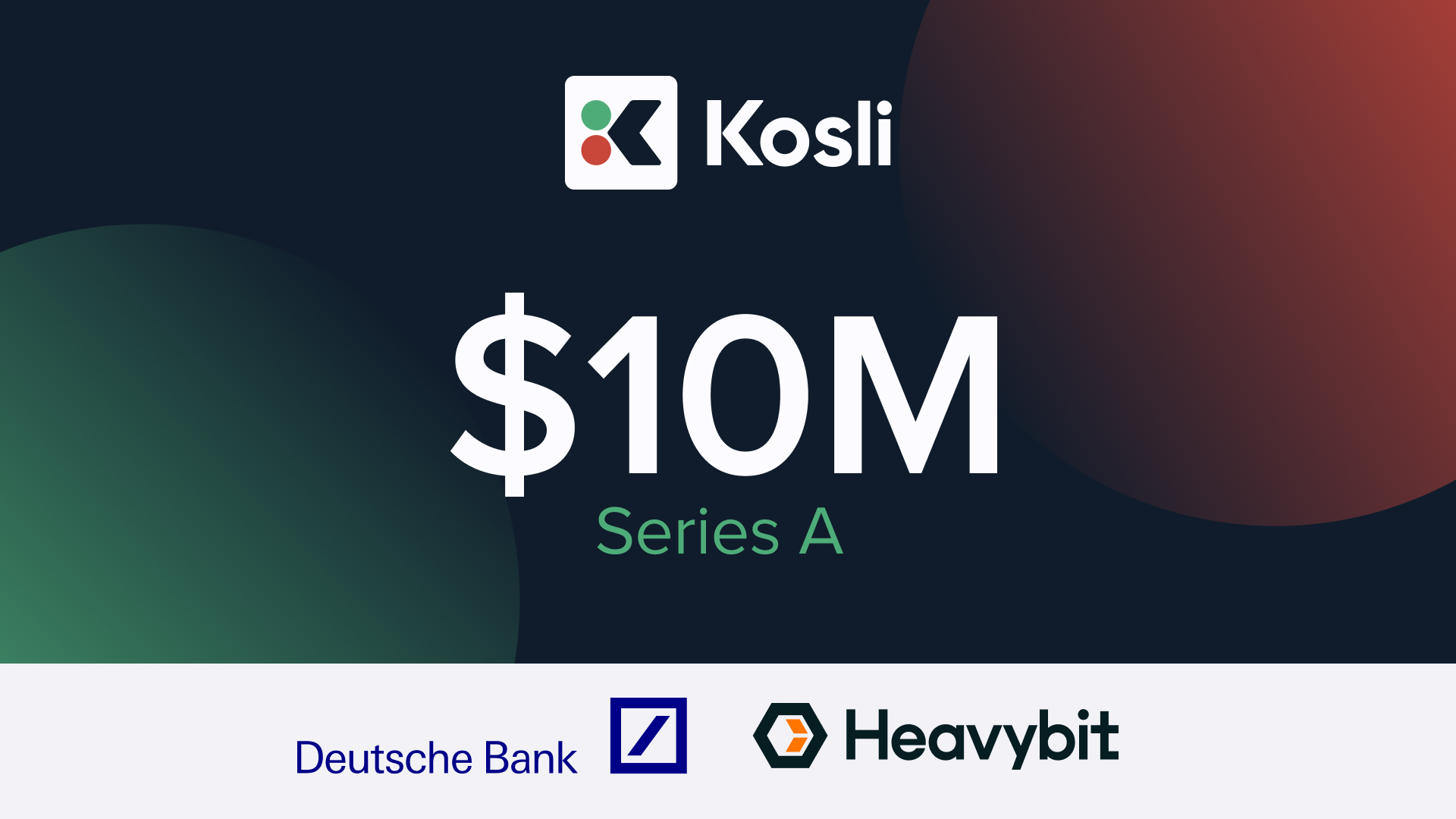Key Takeaways:
I. AI-driven bidding is no longer optional; it's the core engine of PPC performance, requiring advanced data analytics capabilities.
II. The integration of PPC and SEO is paramount, creating a synergistic effect that amplifies online visibility and drives sustainable growth.
III. Ethical considerations, particularly data privacy and algorithmic transparency, are now integral to building trust and maintaining a positive brand reputation in PPC.
Pay-Per-Click (PPC) advertising has fundamentally transformed from a keyword-centric bidding system to a complex, AI-driven algorithmic auction. In 2025, success in PPC requires more than just selecting the right keywords; it demands a deep understanding of machine learning, data analytics, and the intricate interplay between paid and organic search. The article linked, "Search Marketing: Why Pay Per Click is a Key to Unmatched Business Growth," highlights the potential of PPC, but the reality in 2025 is far more nuanced. While the core principle of paying for clicks remains, the underlying mechanisms have become exponentially more sophisticated. AI algorithms now manage over 80% of PPC budgets across major platforms like Google Ads and Microsoft Advertising, dynamically adjusting bids, targeting users, and optimizing ad creatives in real-time. This shift necessitates a new breed of PPC specialist – one who is equally adept at data science, marketing strategy, and ethical considerations. This article will delve into the critical components of this new PPC landscape, providing actionable insights for businesses seeking to achieve sustainable growth in the age of the algorithmic auction.
The Algorithmic Arms Race: Mastering AI-Driven Bidding for Maximum ROI
The shift to AI-driven bidding in PPC is not merely a trend; it's a fundamental paradigm shift. As of early 2025, over 85% of PPC campaigns on major platforms utilize some form of automated bidding, a significant leap from just 50% in 2022. This rapid adoption is fueled by the demonstrable performance improvements AI offers. Google's own data indicates that advertisers using Smart Bidding see an average conversion increase of 20% at the same or lower cost-per-acquisition (CPA). This isn't simply about automation; it's about leveraging machine learning algorithms that analyze millions of data points in real-time – search queries, user behavior, device type, location, time of day, and countless other signals – to predict the likelihood of a conversion and adjust bids accordingly.
Placeholder HTML Code 1
However, the 'black box' nature of these algorithms presents a challenge. While AI can optimize for specific goals (e.g., maximizing conversions, achieving a target CPA), understanding *why* the algorithm made a particular bidding decision is often opaque. This lack of transparency necessitates a sophisticated approach to monitoring and analysis. Leading PPC practitioners in 2025 are employing advanced techniques like attribution modeling (moving beyond last-click attribution to understand the entire customer journey) and anomaly detection (identifying unexpected spikes or drops in performance) to gain insights into the AI's behavior. Furthermore, A/B testing different AI bidding strategies (e.g., Target CPA vs. Maximize Conversions) is crucial for determining the optimal approach for specific business objectives.
The competitive landscape in 2025 is characterized by an 'algorithmic arms race,' where businesses are constantly striving to refine their AI bidding strategies and gain an edge. This involves not only leveraging the built-in features of platforms like Google Ads and Microsoft Advertising but also exploring third-party tools and custom-built solutions. Companies with dedicated data science teams are developing proprietary algorithms that incorporate unique data sources and business-specific logic, creating a significant competitive advantage. For example, a large e-commerce retailer might integrate real-time inventory data and pricing information into their bidding algorithm, allowing them to dynamically adjust bids based on product availability and profit margins. This level of sophistication is becoming increasingly necessary to compete effectively.
Despite the power of AI, human oversight remains critical. The most successful PPC campaigns in 2025 are characterized by a hybrid approach, combining the efficiency and scalability of AI with the strategic insights and creative judgment of human experts. Human marketers play a crucial role in setting overall campaign goals, defining target audiences, developing compelling ad creatives, and monitoring performance for anomalies or unexpected trends. They also ensure that the AI is aligned with broader business objectives and ethical considerations, preventing the algorithm from optimizing for short-term gains at the expense of long-term brand value or customer relationships. For instance, a human marketer might intervene to prevent the AI from aggressively bidding on keywords that are irrelevant or potentially damaging to the brand's reputation.
The PPC-SEO Synergy: A Holistic Approach to Sustainable Search Marketing Dominance
In 2025, the most successful online businesses recognize that PPC and SEO are not competing channels but complementary components of a holistic search marketing strategy. The artificial separation between paid and organic search is dissolving, replaced by a data-driven, integrated approach. PPC provides immediate visibility and valuable data, acting as a rapid testing ground for keywords, ad copy, and landing pages. The insights gleaned from PPC campaigns – such as high-performing keywords, effective ad creatives, and user behavior patterns – can directly inform and refine SEO strategies. For example, if a particular keyword phrase demonstrates a high conversion rate in PPC campaigns, it's a strong indicator that it should be prioritized for organic content creation and optimization.
Conversely, SEO provides long-term, sustainable traffic and brand authority. While PPC can deliver immediate results, SEO builds a foundation for organic visibility that can generate traffic and leads for years to come. A strong organic presence also enhances the effectiveness of PPC campaigns. Studies have shown that users are more likely to click on a paid ad if the brand also appears prominently in organic search results, indicating trust and credibility. This synergistic effect is particularly pronounced in highly competitive industries, where establishing brand authority is crucial for attracting and retaining customers. The integration of PPC and SEO also allows businesses to dominate the search engine results page (SERP), maximizing their visibility and capturing a larger share of user traffic.
Advanced analytics platforms are playing a crucial role in facilitating this integration. Tools like Google Marketing Platform and Adobe Experience Cloud provide a unified view of campaign performance across both PPC and SEO channels, allowing marketers to track key metrics, identify opportunities for synergy, and optimize their strategies holistically. These platforms leverage machine learning to identify keyword clusters, analyze user behavior patterns, and provide recommendations for improving both paid and organic performance. For example, the platform might identify a keyword that is driving significant traffic through PPC but has low organic visibility, suggesting an opportunity to create high-quality content targeting that keyword to improve its organic ranking. This data-driven approach ensures that resources are allocated efficiently and that both PPC and SEO efforts are aligned with overall business objectives.
Placeholder HTML Code 2
Content is the unifying element that bridges PPC and SEO. High-quality, relevant content is essential for both attracting clicks on paid ads and achieving high organic rankings. For PPC, compelling ad copy and engaging landing pages are crucial for improving Quality Score, reducing ad costs, and increasing conversion rates. For SEO, valuable and informative content attracts backlinks, improves organic rankings, and builds brand authority. By creating content that is optimized for both PPC and SEO, businesses can maximize their return on investment. For example, a comprehensive blog post targeting a specific long-tail keyword can be promoted through PPC to drive initial traffic and generate leads, while simultaneously being optimized for organic search to attract sustained organic traffic over time. This integrated approach ensures that content investments are leveraged across multiple channels, maximizing their impact and driving long-term growth. Specifically, content should be tailored to answer user intent, addressing the 'why' behind searches, not just the 'what'.
Data-Driven Optimization: Mastering Metrics and Analytics for PPC Dominance
In 2025, data analytics is not just a tool for PPC; it's the foundation upon which all successful campaigns are built. The sheer volume of data generated by PPC platforms – clicks, impressions, conversions, user behavior, device type, location, demographics, and more – requires sophisticated analytical techniques to extract meaningful insights and optimize performance. Key metrics like Click-Through Rate (CTR), Conversion Rate, Cost-Per-Acquisition (CPA), and Return on Ad Spend (ROAS) remain crucial, but they are now viewed within a broader context. Lifetime Value (LTV) is gaining prominence as businesses recognize the importance of acquiring and retaining high-value customers. Attribution modeling, moving beyond simplistic last-click attribution, is essential for understanding the complex customer journey and allocating credit appropriately across different touchpoints. For example, a customer might first discover a product through a paid social ad, then conduct several searches on Google, and finally convert after clicking on a PPC ad. Attribution modeling helps to quantify the contribution of each touchpoint to the final conversion.
The tools and techniques for PPC data analysis have become increasingly sophisticated. Google Analytics 4 (GA4) provides a more comprehensive and user-centric view of website and app analytics, leveraging machine learning to fill in data gaps and provide more accurate insights. Specialized PPC tools like SEMrush, Ahrefs, and SpyFu offer competitive intelligence, keyword research, and backlink analysis, enabling businesses to identify opportunities for improvement and gain a competitive edge. AI-powered platforms like Optmyzr and WordStream Advisor automate many of the time-consuming tasks associated with PPC management, such as keyword research, bid optimization, and ad copy creation. Furthermore, data visualization tools like Tableau and Power BI are becoming increasingly popular, allowing marketers to create interactive dashboards and reports that provide a clear and concise overview of campaign performance. These tools enable data-driven storytelling, making it easier to communicate insights and recommendations to stakeholders.
The Ethical Imperative: Building Trust and Transparency in the Algorithmic Auction
The increasing power of AI in PPC brings with it a heightened responsibility to address ethical considerations. Data privacy is paramount. The General Data Protection Regulation (GDPR) in Europe and the California Consumer Privacy Act (CCPA) in the United States have set a new standard for data protection, and businesses must comply with these regulations and prioritize user privacy in their PPC campaigns. This includes obtaining explicit consent for data collection, providing transparency about how data is used, and giving users control over their data. Furthermore, algorithmic bias is a growing concern. AI algorithms are trained on data, and if that data reflects existing biases, the algorithm may perpetuate or even amplify those biases in its targeting and bidding decisions. This can lead to discriminatory advertising practices and unfair outcomes. Businesses must actively work to mitigate algorithmic bias by carefully evaluating their data sources, monitoring their campaigns for disparities, and implementing fairness-aware algorithms. The future of PPC hinges on building trust with consumers. Transparency, ethical data practices, and a commitment to fairness are not just good business practices; they are essential for long-term success in the algorithmic auction. Businesses that prioritize these values will be rewarded with greater customer loyalty, stronger brand reputation, and ultimately, higher ROI.
----------
Further Reads
I. AI-Powered Smart Bidding Strategies for PPC Success in 2024
II. The Future of PPC: What to Expect in 2025
III. AI’s Impact on Advertising: 2025 Predictions | LBBOnline









